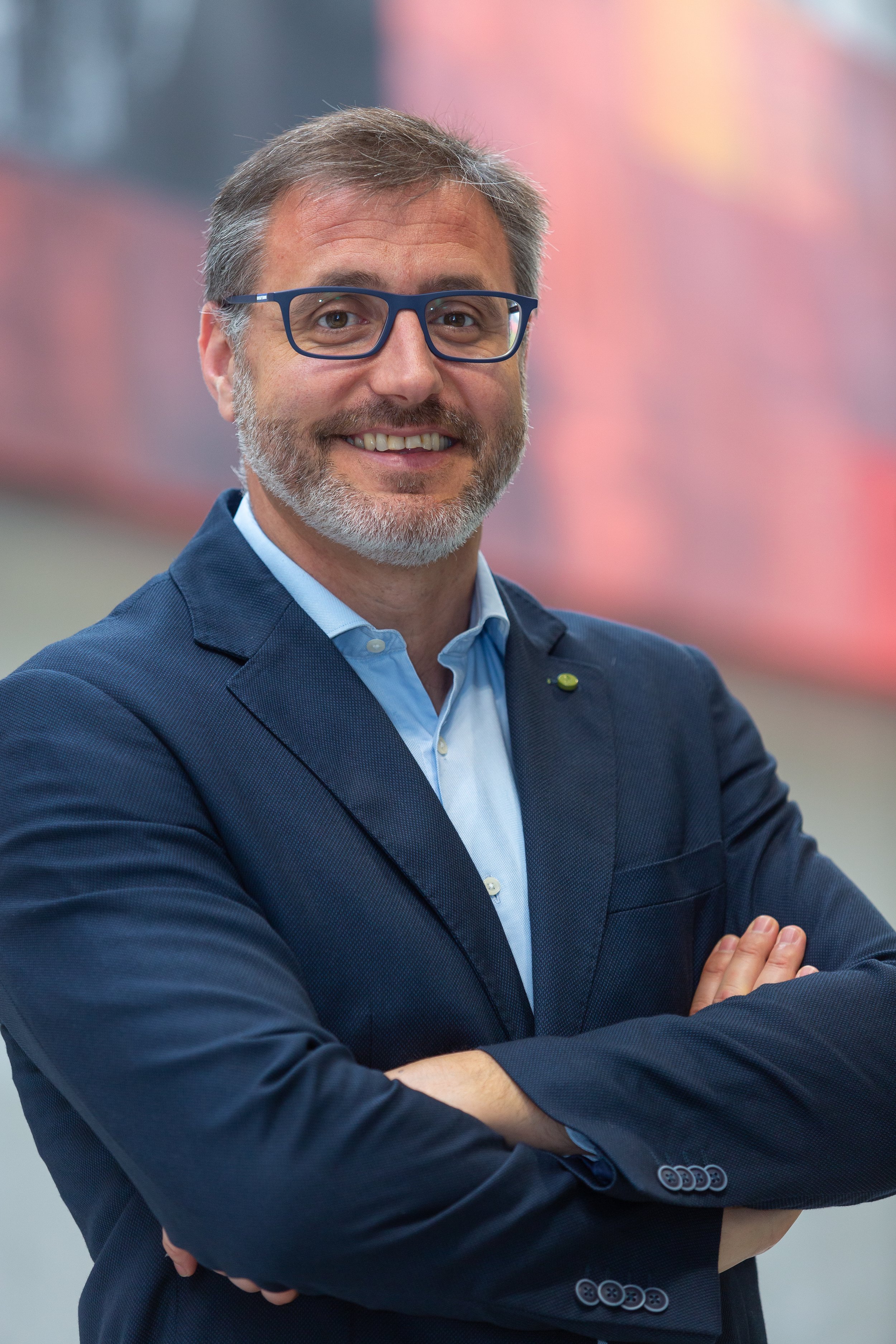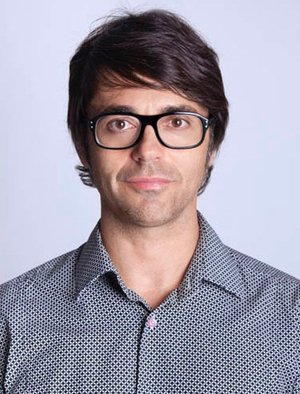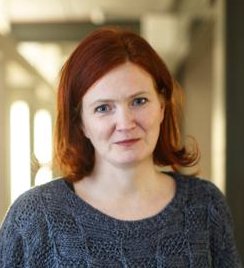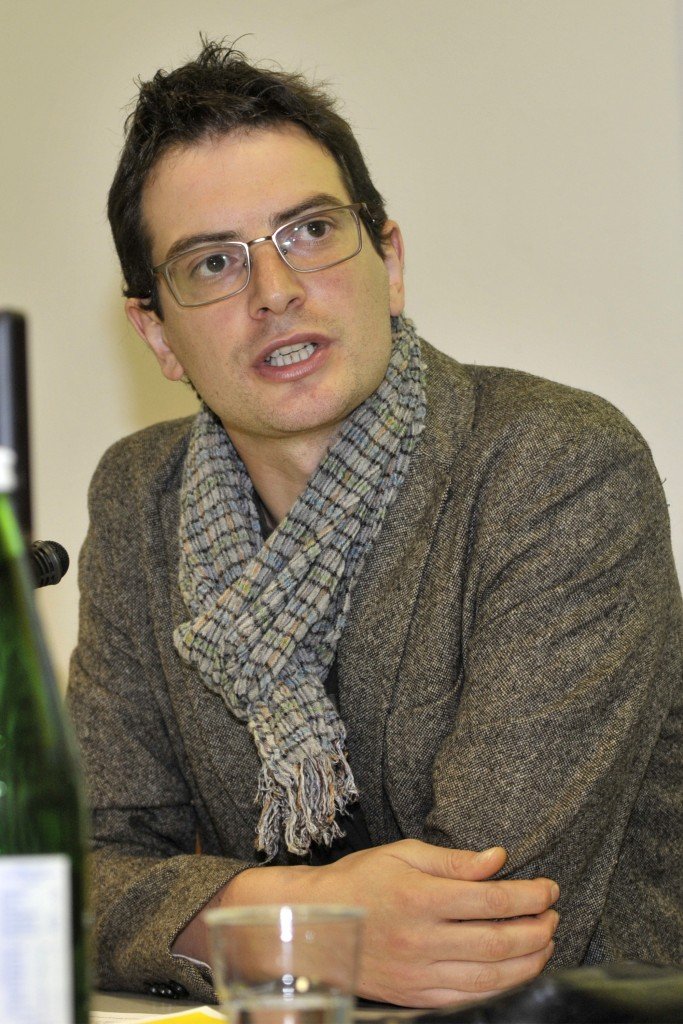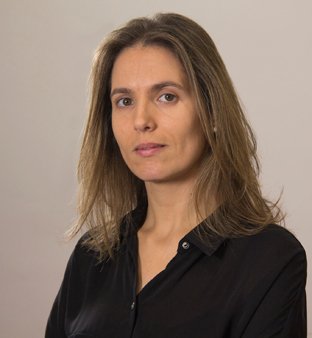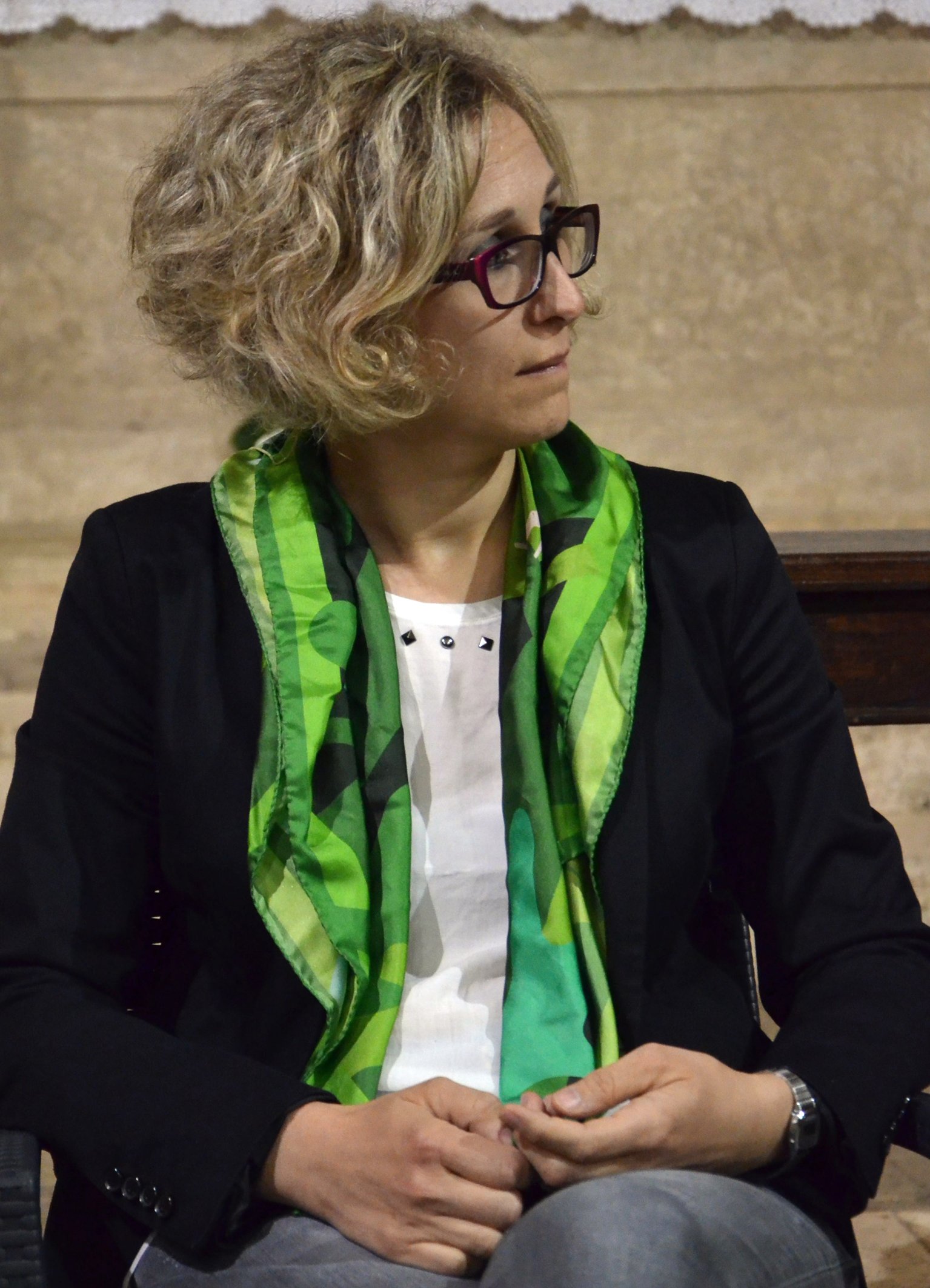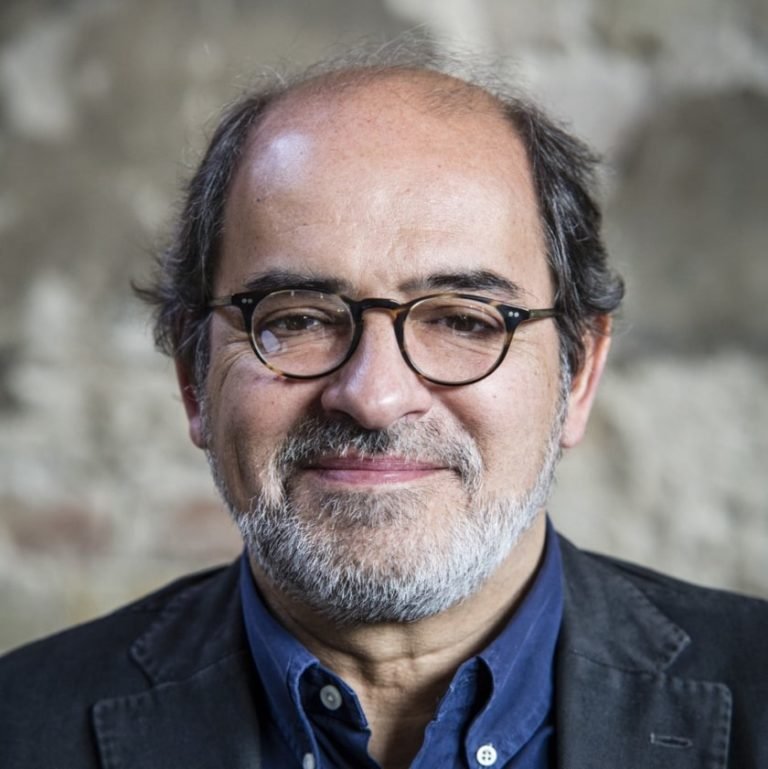Theoretical Innovation Strategies in the Analysis of Narration in Television Series
1/01/2015 - 31/12/2018. CSO2014-51872-R
This project has been funded by the Spanish Government’s Ministry of Economy and Competitiveness (MINECO).
This project will put a set of strategies of theoretical and methodological innovation into practice for the first time to develop a new perspective on television series narration. It will be based on three highly productive scientific approaches that permit the integration of the latest scientific findings on cognition and emotions, as well as the latest theories on the interaction of technology with the TV series narrative product, into our understanding of narration.
These three approaches are cognitivism, neuroscientific theories applied to narration and the theory of narrative ecosystems. This project has two objectives:
1. To pursue systematic research that will lead to the identification and explanation of the specific narrative mechanisms of television series, such as the unique qualities of their screenplays and the increasingly complex articulation of their plots, the emotional involvement of the spectator with the character, or the functional aspects of diverse narrative fragments such as teasers, trailers, recaps and other transmedia phenomena oriented towards participatory engagement, as well as their aesthetic components, such as actor performance, photography, music, etc., and the cognitive and moral values associated with them in serial narration.
All of these lines of analysis are to be developed and distributed according to the field of expertise of each member, who will individually or collectively apply theories drawn from the three approaches mentioned above. In this way, we can produce a corpus of original research, first because we will be systematically exploring a field that has yet to be subjected to exhaustive study, and second because we will be using newly developed methodologies. The corpus will result in a monograph that can be used widely as a reference tool by scholars of Film and Media Studies and professionals in the sector of Television and Cinema.
2. To produce highly innovative and experimental research on aspects previously unexplored in the scientific literature on television series. This will be the second phase of work, directed by the following kinds of dynamics: the testing of concepts taken from film studies for application to the area of television series; proposals to coin new concepts that can redirect and give greater explanatory power to theories that focus our strategy and theoretical/analytical developments in general on pertinent and strategic aspects of cognitivism and of the theories of embodied narration and narrative ecosystems. This second objective will produce a collection of articles that will cultivate an understanding of our object of study at an international level, through dissemination in prestigious publications.
The pillar of all our strategies is the involvement in the project, with an active presence on the work team, of some of the researchers who have been pioneers in each of the three scientific approaches mentioned above.
All of these researchers have been asked to apply their research specifically to the realm of television series and have responded with a range of highly varied initiatives that are incorporated as the foundation of the dynamic of theoretical experimentation and innovation that we seek to pursue. In this way, the fundamental energy for our strategies will be the dynamic of exchange and collaboration between the Spanish team and the foreign members of the work team.


